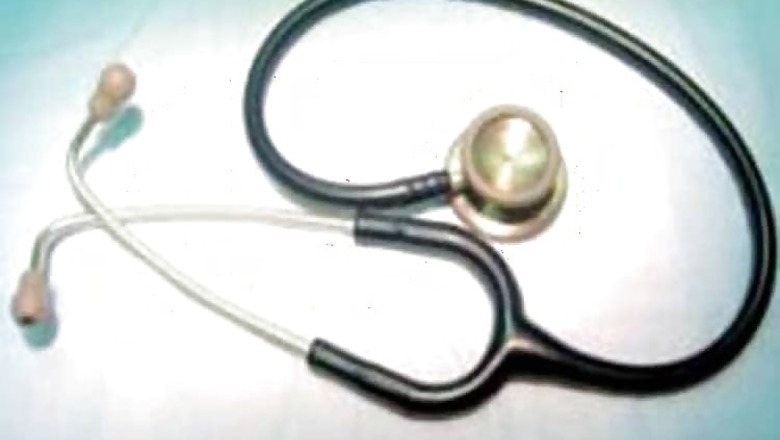
views
Antimicrobial resistance (AMR)poses both health and economic burden for patients and health care systems. Overuse and misuse of antibiotics, self medication, lack of diagnostic facilities and poor stewardship practices have fuelled the problem of antibiotic resistance which is now assuming alarming proportions. Health agencies are now rising to the threat of drug resistant infections around the globe. Inability to stem the tide of drug resistant infections may take us to dark ages where people died of simple infections.
World Health Organization observed the first World Antibiotic Awareness Week this year from 16 to 22 November. To mark their commitment to this initiative, Indian Council of Medical Research (ICMR) -All India Institute of Medical Science (AIIMS) jointly organized a public lecture to create awareness of antibiotic resistance and factors contributing to this problem among medical and paramedical health workers and general public. Dr. SoumyaSwaminathan, Secretary, Director General, ICMR and Dr. MC Misra, Director, AIIMS led the event.
Besides being head of the organizations who have made tremendous contributions in the field of health research,what was unique about the leadership is that both are physicians and have worked with patients all their life. While Dr. Swaminathan is a trained pediatrician who has devoted her life to treatment of TB patients, Dr. Misra is a surgeon who has raised the care in trauma patients to a next level by leading establishment of an apex trauma center in AIIMS before becoming Director, AIIMS.
The reason that this initiative being led by a clinician and surgeon is important and holds promise is that till now the problem of antimicrobial resistance was seen as a problem of microbiologists which they struggled with in the lab and should find solution to, in the lab settings. However, as we gain more and more understanding on the causative factors of AMR we realize the importance of responsible prescription, importance of patient compliance, importance of drug regulators in ensuring availability of quality drugs and also the role of veterinary sector in reducing the suboptimal concentrations of antibiotics in the livestock and poultry products. Other than these factors, patient understanding regarding the use and dosages of antibiotics plays an important role in contributing to drug resistance. Hence, something that was always seen as problem of microbiologists in hospitals has now become everyone’s problem.
The clinicians and surgeons in our country have an important role to play not just as responsible prescribers but also as someone who can, through counseling, influence patient’s behaviors and ensure better compliance and adherence to prescribed drugs and also cut down unnecessary prescription by ensuring treatment guided by evidence, whenever available.
It has been reported through studies conducted in other countries that prescriptions written out by senior doctors are copied by junior doctors and also by other health care providers in that area with the help of the local pharmacists.
Educating the doctors can thus make a significant dent in the quality of prescriptions and thus can have a ripple effect in influencing the prescription practices of other doctors within a given radius. The doctors also have a window of opportunity for direct interaction with the patient and can counsel patients out of their demands for antibiotics and influence change in the antibiotic consumption behavior in patients. The ICMR-AIIMS event being led by a senior pediatrician & a surgeon makes us very hopeful that the concern of AMR has moved beyond the labs to the general practice in hospitals and that such a leadership will motivate other physicians and surgeons to adopt prevention of drug resistance as one of the goals in their day to day practice.
(Dr. Kamini Walia is a public health specialist currently working with the Indian Council of Medical Research. She is working as a Scientist in the Epidemiology and Communicable Diseases Division of ICMR)




















Comments
0 comment